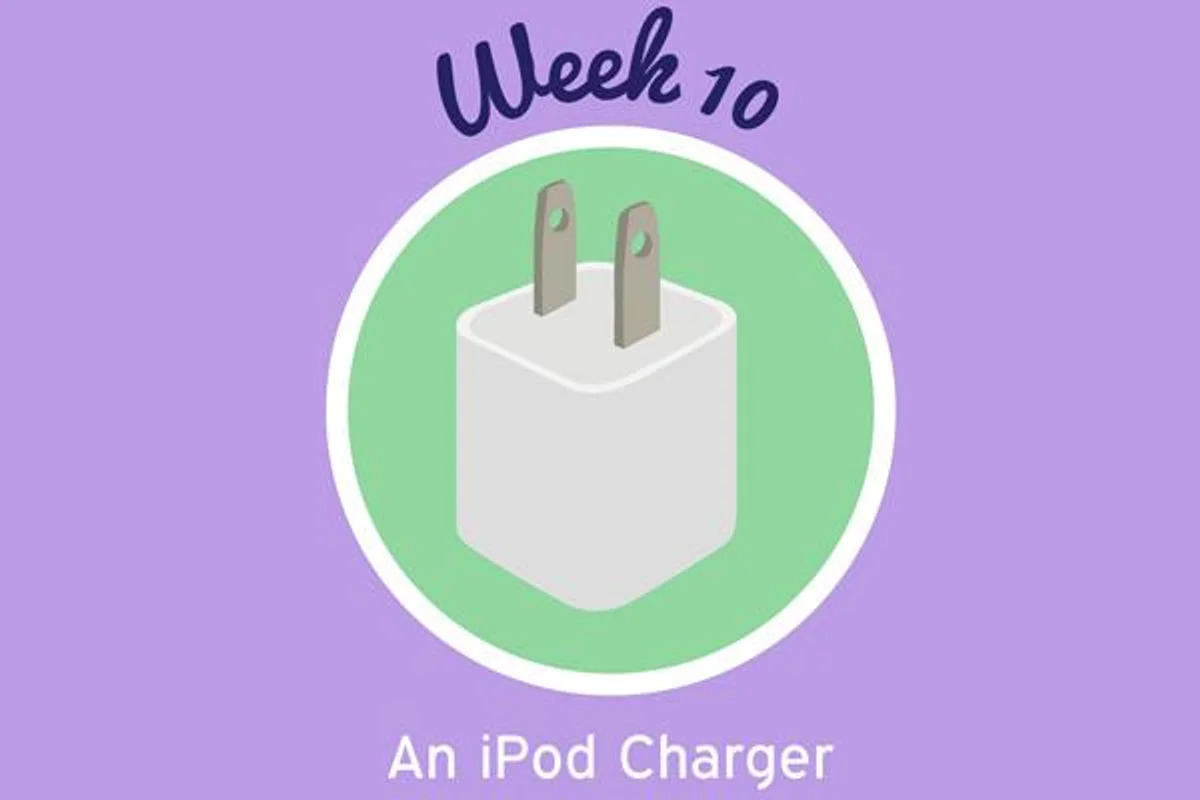
10 Weeks Pregnant: Alleviating Morning Sickness
When you're 10 weeks pregnant, your baby's fetal period, during which time she'll do most of her tissue and organ development, has begun.
May 30, 2014
Apr 25, 2022
Pregnancy & Postpartum
Learn about our editorial policies

It's week 10 of your pregnancy—so how are you feeling? A little queasy? For the time being, try to distract yourself with thoughts of how your little one is developing: She's now about the size of an iPod charger and weighs a whopping one-fourth of an ounce.
Tip of the week:
If saltines aren't doing it for you, consider the results of a study published in the Journal of Obstetrics and Gynecology, which suggests that ginger root may be helpful in relieving morning sickness in pregnant women. One great thing about this home remedy is that ginger comes in many forms—from tea to candies. If you prefer to drink ginger ale, be sure to choose a brand that contains real ginger.
Week 10 is at the very beginning of your baby's fetal period, during which time she'll do most of her tissue and organ development. The foundation has already been laid, because her kidneys, intestines, brain and liver are all there and beginning to get to work doing their respective jobs and continuing to develop.
Her extremities are also making some serious progress. Her fingers and toes have probably lost their webbing and are beginning to grow teensy nails at the ends. Moreover, her joints are allowing for some serious movement, including kicking and flexing of the wrists. If you could see her, you might notice a bit of peach fuzz on her delicate skin, as well as a bulging forehead that contains her swiftly developing brain.
Feeling happier, but still a little nauseous? No worries. You're not alone here, because about half of all women experience morning sickness, which, despite its name, is as likely to happen at dinnertime as it is breakfast. You may be vomiting multiple times a day or perhaps it’s just a constant feeling of nausea.
No one knows exactly what causes nausea and subsequent vomiting during pregnancy, but it is often attributed to a combination of hormones and other physical changes. The good news is that for half of the women who experience morning sickness, their symptoms will go away by 14 weeks of pregnancy. If you were underweight before pregnancy and are not gaining a healthy amount of weight during pregnancy, it could affect your baby's weight, so talk to your health care professional. You also may want to discuss your morning sickness if:
Morning sickness isn't usually harmful to women or their babies, but it is unpleasant. Make every effort to keep taking your prenatal vitamin to maintain healthy nutrients for your developing baby. If you have trouble keeping it down, try taking it at night or with a snack or chew gum or suck on hard candy after taking the vitamin. If these steps don't help, talk to your health care provider.
Here are some things you can try to help prevent nausea and vomiting, keeping in mind that they don't always work for everyone:
Your health care professional also may talk to you about taking supplements, such as vitamin B6 and doxylamine, or antihistamines or other anti-nausea medicines. Do not take any supplements or medications without discussing them with your health care professional.
Read more:
Hair Loss During Pregnancy?
Pregnancy 101
Vaccines During Pregnancy and Breastfeeding